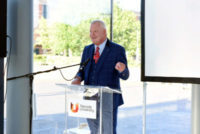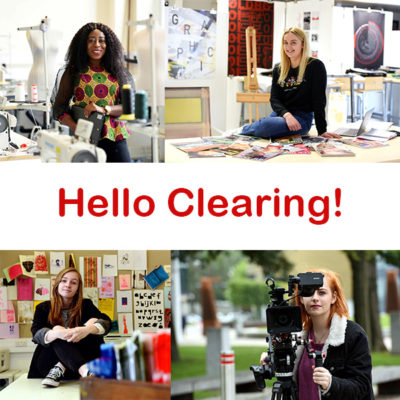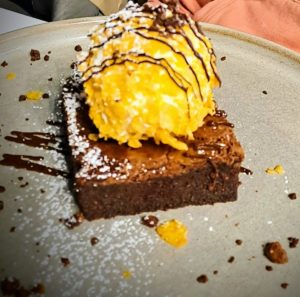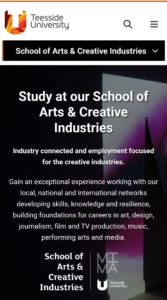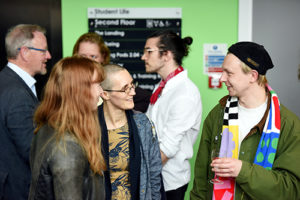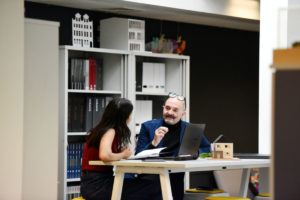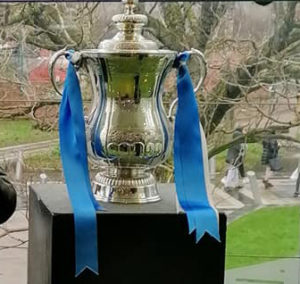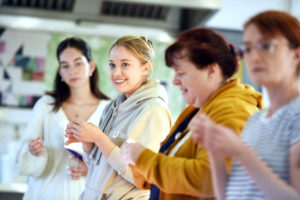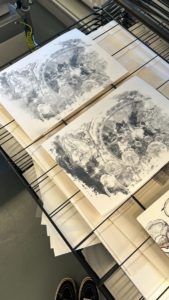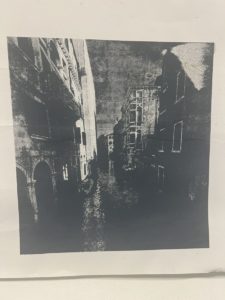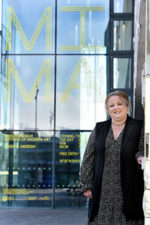That’s a good question isn’t it. Can we do what we want to do without qualifications? Can we work as a lawyer; a doctor; an architect without qualifications? Of course not, but we certainly couldn’t work in those professions without some experience as well.
by Paul Bailey, Senior Lecturer in Media
As Julius Caeser once said: “Experience is the teacher of all things.” And he should know as he conquered country after country. Clearly for Caesar simply having a qualification in Latin was not enough. Most successful job candidates have both experience and qualifications, and both contribute to their ability to perform their job well. Qualifications show that you have the knowledge necessary for your profession, whereas experience proves that you’ve practiced working in your field. Which brings me to an anecdote about a boy from South Shields who wanted to go to university but hadn’t quite figured out what career he wanted to do. He did get to university – the first in his family to do so. He studied politics and history because that’s what he was good at while studying his A-levels. While at university he had to complete a 12,000 word dissertation for his final project. He decided he would write about the recent miners’ strike that had just finished. He thought it was a good idea to spend summer in South Shields talking to former striking miners, newspaper reporters, the general public and many other people about their experiences of the year-long strike. He came away thinking how much he had enjoyed meeting these people and listening to their stories. What job entails meeting people, interviewing them and finding out about their lives? Well journalism of course. So, after three years at university studying politics and history he decided he was going to be a journalist.
But how do you become a journalist? The university career advisor was very helpful. “It’s very hard to get into”, he said.

Undeterred the youngster went along to the nearest college offering journalism qualifications. He was accepted for an interview to get a place on the course. Things were moving in the right direction – it wouldn’t be long before he was reading the news on television to an eager audience.
“What journalism experience have you got?” asked the tutor.
“None whatsoever,” the youngster retorted.
“Sorry you can’t have a place on the course then. There’s plenty of other people who have done work experience who want to come on the course,” the tutor replied.
The youngster had the right degree qualification but didn’t have any experience. So, he spent a year working for any media organisation who would take him – radio, television and newspapers.
He returned to the college a year later and was offered a place on the course.
One year after that he got his first journalism job as a trainee reporter on a local daily newspaper.
So – two years after graduating and five years after starting his degree he was finally a journalist.

Wouldn’t it be good if you could get a degree and do some work experience at the same time? Doing it all in three years instead of five.
The BA (Hons) Journalism and BA(Hons) Sport Journalism degrees at Teesside University allow you to do just that.
Just look at what’s been on offer to the students since September:
- Working with BBC Tees
- Working with Reach plc – publishers of The Mirror
- Working on the university’s in-house radio station – Tuxtra
- Working with the commercial radio station Radio Hartlepool
- Working for an international news website with a chance to visit America.
- Three journalism students recently flew to Spain to report on an international quiz event – producing videos and written news stories about the occasion.
All great work experience opportunities available to students in first year; second year and third year in the last three months.
Ultimately, neither experience or having qualifications is more important than the other. But having them both can really make you go places.
Courses in the School of Arts & Creative Industries
UNDERGRADUATE COURSES
BA (Hons) Comics & Graphic Novels
BA (Hons) Film and Television Production
POSTGRADUATE COURSES
If you’d like to speak to a member of our team to find out more about studying in the School of Arts & Creative Industries, email saci-school@tees.ac.uk and we’ll get straight back to you.


